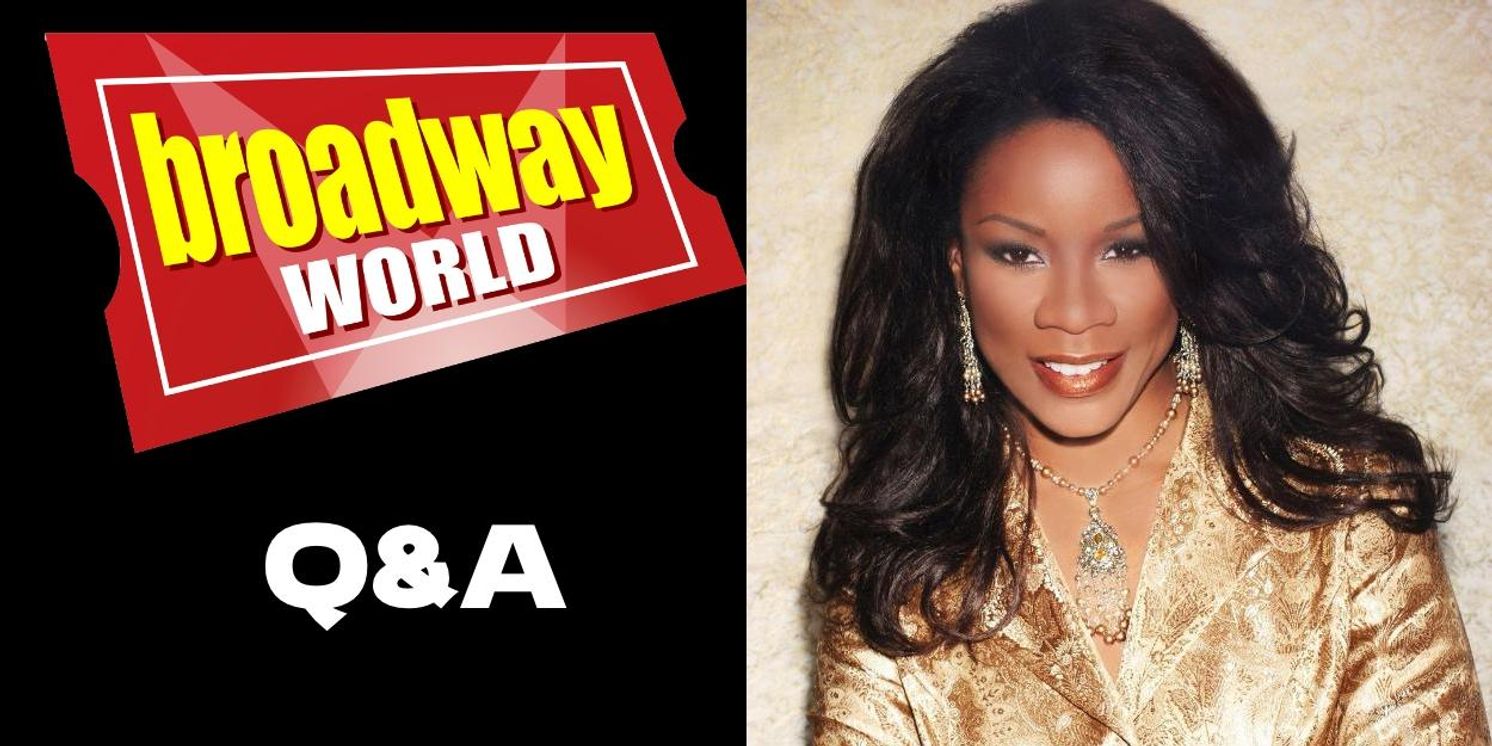BWW Q&A: Denyce Graves on THE PASSION OF MARY CARDWELL DAWSON at North Carolina Opera
We spoke with Denyce Graves about THE PASSION OF MARY CARDWELL DAWSON at North Carolina Opera.

Mezzo-soprano Denyce Graves’ career has garnered unparalleled popular and critical acclaim. Ms. Graves’ acclaimed appearances as Carmen and Dalila in Samson et Dalila have resounded in the world’s greatest opera houses, and her success has been recognized in notable television appearances, interviews, masterclasses, and magazines.
In the 2023-2024 season, Ms. Graves returns to the Metropolitan Opera as Sally in The Hours and makes her Seattle Opera debut in Das Rheingold as Erda. In addition, Ms. Graves will be the director for the world premiere of Loving v. Virginia with Virginia Opera in a co-production with Richmond Symphony for their 2024-2025 season.
In the 2022-2023 season, Ms. Graves returned to Minnesota Opera and The Glimmerglass Festival for her directorial debut in two new productions of Carmen. Minneapolis’ Star Tribune wrote, “...in her first directing job, opera star Denyce Graves delivers a superlative staging.” Ms. Graves also returned to the Metropolitan Opera in Peter Grimes as Auntie and in the world premiere of The Hours as Sally, as well as the title role in Glimmerglass Festival’s production of The Passion of Mary Cardwell Dawson. In recital, Ms. Graves continues to collaborate with Laura Ward, notably presenting her recital program Cotton with Lyric Fest and Washington Performing Arts where she was presented with the Inaugural Ruth Bader Ginsburg Memorial Fund Award.
Her full opera recordings include Gran Vestale in La vestale, recorded live from La Scala with Riccardo Muti for Sony Classical; Queen Gertrude in Thomas's Hamlet for EMI Classics; Maddalena in Rigoletto with the Metropolitan Opera Orchestra under James Levine; and Emilia in Otello with Plácido Domingo and the Opéra de Paris, Bastille Orchestra under Myung-Whun Chung, both for Deutsche Grammophon.
Ms. Graves is a native of Washington, D.C., where she attended the Duke Ellington School for the Performing Arts. She continued her education at Oberlin College Conservatory of Music and the New England Conservatory. She is the Artistic Director and Founder of The Denyce Graves Foundation which aims to promote equity and inclusion in American classical vocal arts through an unprecedented approach: championing the hidden musical figures of the past while uplifting young artists of world-class talent from all backgrounds. The foundation has been featured on Good Morning America and The New York Times Style Magazine for its successful programs. Ms. Graves’ dedication to the singers of the next generation continues to be an important part of her career; she is a member of the voice faculty at the Peabody Institute, and a distinguished visiting faculty member at The Juilliard School.
Performances are December 13 at 7:30PM, December 14 at 7:30PM, December 15 at 2:00PM
at the AJ Fletcher Opera Theater, Martin Marietta Center for the Performing Arts.
More Info + Tickets: https://ncopera.org/2024-2025-season/mary-cardwell-dawson/
Who is Mary Cardwell Dawson and why is telling her story important to you?
Mary Lucinda Cardwell Dawson was an American trailblazing pioneer, entrepreneur, impressaria, musician and educator. She was the founding director of the National Negro Opera Company in the mid- 20th century who created unprecedented opportunities for Black Artists and audiences across America.
Why should Raleigh, NC audiences come to see this play?
Not only Raleigh, North Carolina but surrounding areas, Durham, Wake Forest, Apex, Morrisville, Chapel Hill, Holly Springs. Rolesville, Garner, Pittsboro, Madison and anyone one else , any place else who care about American History and who love the arts. This is a story of triumph and inspiration of how one person can change the world.
Talk about programs like NC Opera's HBCU Night at the Opera and why they matter in the world of opera.
Some of our greatest concert and opera singers came from HBCU'S, Robert McFerrin, Kevin Short, Jessye Norman and Leontyne Price to name only a very few. HBCU's have nurtured African-American talent who have made significant contributions to the world of Opera.
What is the one thing you want people to take away from this performance?
I would love for people to know who Mary Cardwell Dawson was and the heroic work she did and what she gave to America by showcasing the talents of African-American artists.
Why must audiences come and see the show?
People should come see the show because the story of Mary Cardwell Dawson is a missing & important part of our history. Many people don't know that African-American artists have been significant contributors to the classical music genre.
Videos

